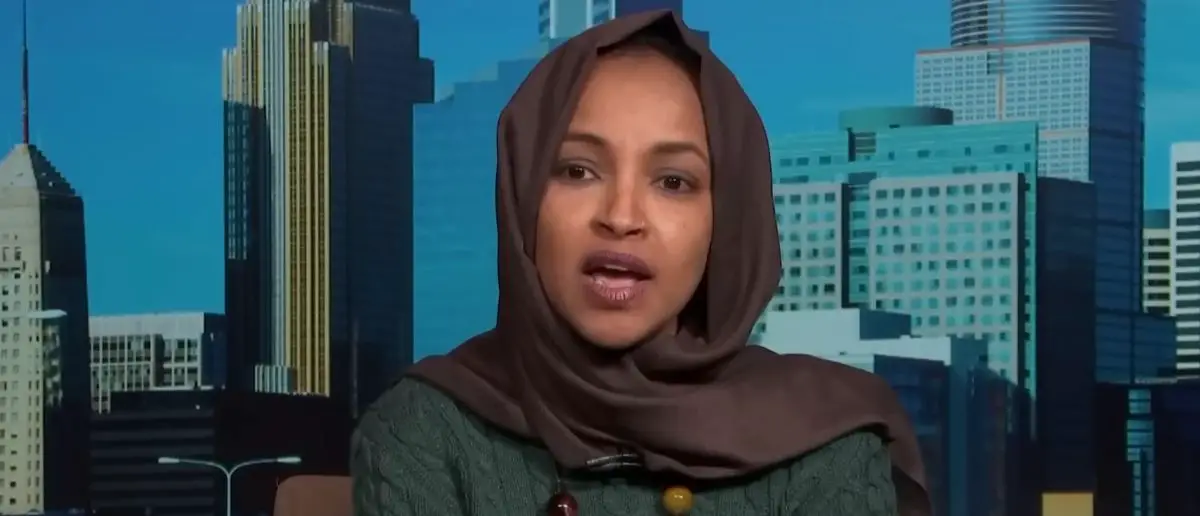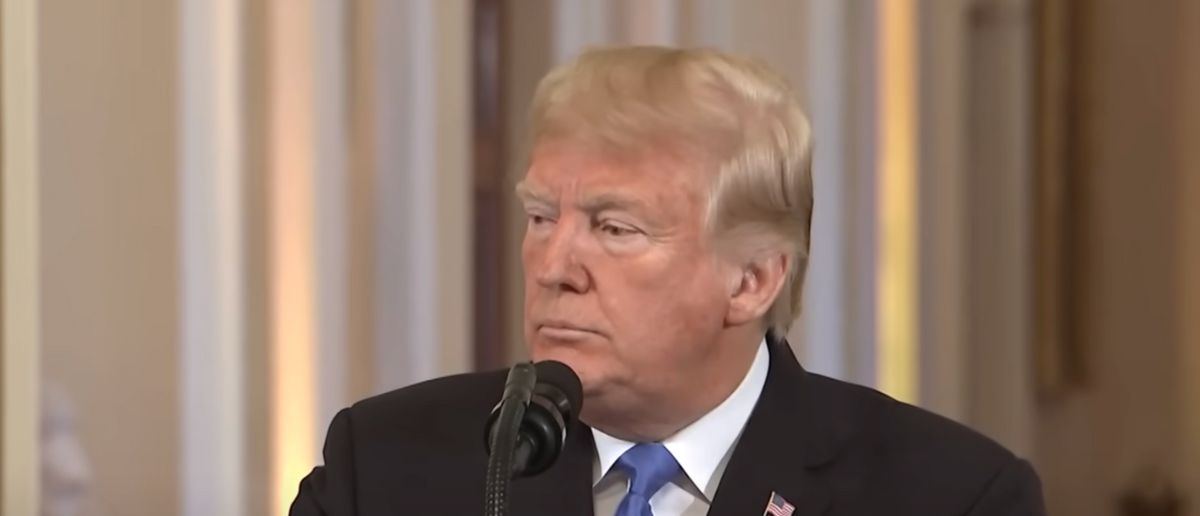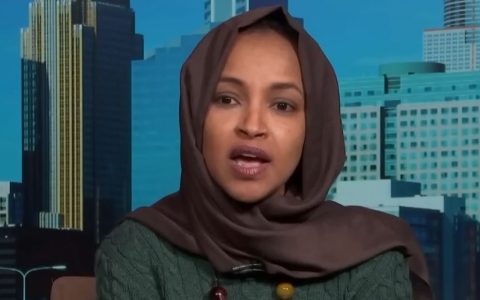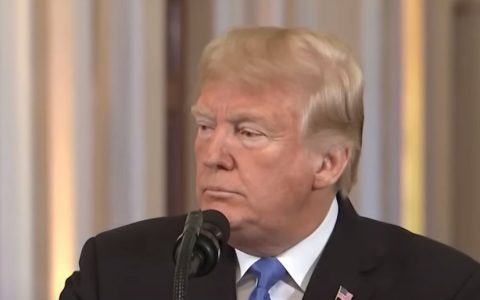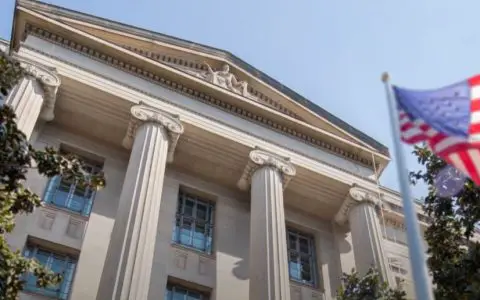
The Democrats are preparing an all out war on the Trump admin. But they need to be careful.
Because the U.S. Supreme court has an eye on this top Democrat that’s about to make an unconstitutional move.
California’s Bid to Sidestep Trump’s Trade Policies Faces Legal Hurdles
California Governor Gavin Newsom is making waves with his latest move to shield the state’s economy from President Donald Trump’s tariff policies. By reaching out to international trade partners, Newsom aims to carve out exemptions for California-made goods and forge new trade alliances. Yet, this ambitious strategy is raising eyebrows, as legal experts warn it may collide with constitutional limits on state authority in foreign trade matters.
On April 4, Newsom announced plans to ask global partners to spare California products from retaliatory tariffs sparked by Trump’s trade measures. He doubled down on this approach after Trump paused reciprocal tariffs for 90 days while maintaining a 10% baseline and hiking duties on China. Newsom’s pitch is clear: California wants to be a dependable partner, insulated from the unpredictability of federal policy shifts.
“Trump caved,” Newsom declared on X. “He will change his mind again. To our international partners: California is a stable, reliable partner. We want your business.” The statement reflects Newsom’s confidence in positioning California as a distinct economic player, even as Trump’s administration seeks to reshape global trade dynamics with a firm hand.
The Trump administration’s tariffs aim to protect American industries and address trade imbalances, particularly with nations like China. Supporters argue these measures strengthen domestic manufacturing and create jobs, while critics, including Newsom, warn they risk escalating costs for consumers and disrupting global supply chains. Caught in this tug-of-war, California—the world’s fifth-largest economy—has much at stake.
JUST IN: Governor Gavin Newsom announces plans to pursue strategic relationships with countries implementing tariffs against the U.S., urging them to exempt California-made products from those taxes. pic.twitter.com/yTTQtD3hXD
— Resist the Mainstream (@ResisttheMS) April 4, 2025
But Newsom’s plan isn’t just an economic maneuver; it’s a legal tightrope. The U.S. Constitution grants the federal government exclusive authority over foreign commerce, and states stepping into that arena can face serious pushback. Donald Kochan, executive director of the Law and Economics Center at George Mason University’s Antonin Scalia Law School, emphasized this point, noting that states are “obligated to remain outside” the foreign trade space to preserve the federal government’s ability to act decisively.
Kochan pointed to a key precedent: the Supreme Court’s 2000 decision in Crosby v. National Foreign Trade Council. In that case, the Court struck down a Massachusetts law restricting state entities from doing business with Burma, citing the Constitution’s Supremacy Clause. The ruling emphasized that states cannot undermine federal foreign policy, even indirectly. “Even sort of insinuating that California has the ability to negotiate side deals is itself diminishing the capacity of the federal government to speak with one voice and to negotiate trade deals, and consequently, should be avoided,” Kochan explained.
Newsom, undeterred, has framed California as a steady counterpoint to federal volatility. In his initial announcement, he assured international partners that “the Golden State will remain a steady, reliable partner for generations to come, no matter the turbulence coming out of Washington.” He reinforced this message with a pointed distinction: “California is not Washington, D.C.”
Yet, not all experts see Newsom’s outreach as a constitutional violation. Stanford law professor Alan Sykes suggested that simply asking for exemptions is unlikely to cross legal lines. “Asking for favors does not raise constitutional questions,” he said. However, he cautioned that any formal agreements could invite scrutiny, depending on their specifics. For now, Newsom’s overtures appear more symbolic than substantive, aimed at signaling California’s economic independence.
The Constitution explicitly bars states from entering treaties, but there’s wiggle room for less formal arrangements. Duke University international law professor Tim Meyer noted that states have a history of engaging in informal trade-related deals with foreign governments. “There is a long practice of states entering into informal arrangements with foreign countries, including on trade matters,” he said. Still, he questioned the practicality of Newsom’s strategy, pointing out that California lacks control over tariffs, limiting its leverage to secure exemptions.
Meyer speculated that California could theoretically offer regulatory incentives to foreign partners in exchange for tariff relief, but such moves would need to comply with state law and remain non-binding. Without tangible concessions, other countries may see little reason to play ball. “Normally, though, these arrangements do not have much substance,” Meyer added, casting doubt on the plan’s potential impact.
California has dabbled in such arrangements before. In 2019, the state signed an agreement with Canada to collaborate on regulations promoting zero-emission vehicles, like electric cars. Josh Blackman, a constitutional law professor at South Texas College of Law Houston, recalled this example, noting that California has entered “agreements” with foreign entities that “stop short of treaties.” While courts didn’t block that deal, Blackman warned, “there is a risk” of legal challenges if states push too far.
Trump’s tariff policies, meanwhile, continue to stir debate. Proponents applaud the administration’s aggressive stance, arguing it levels the playing field for American workers and counters decades of unfair trade practices. Detractors, including many in California’s tech and agricultural sectors, fear retaliatory tariffs could hammer exports and drive up costs. Newsom’s defiance taps into these concerns, positioning him as a champion of local interests against a backdrop of federal uncertainty.
The clash between Newsom and Trump also carries political undertones. By challenging the administration’s trade agenda, Newsom bolsters his progressive credentials while appealing to California’s business community. Yet, his approach risks alienating those who view Trump’s tariffs as a necessary corrective to global trade inequities. Striking a balance between state pride and national unity is no easy feat.
Newsom’s outreach may win goodwill from international partners, but without federal backing or legal clarity, its economic impact could fizzle. For now, California’s governor is testing the boundaries of state power, betting that his state can chart its own course in a turbulent trade landscape. Whether that bet pays off—or lands him in constitutional hot water—will depend on how far he pushes and how the courts respond.
Stay tuned to the DC Daily Journal.

